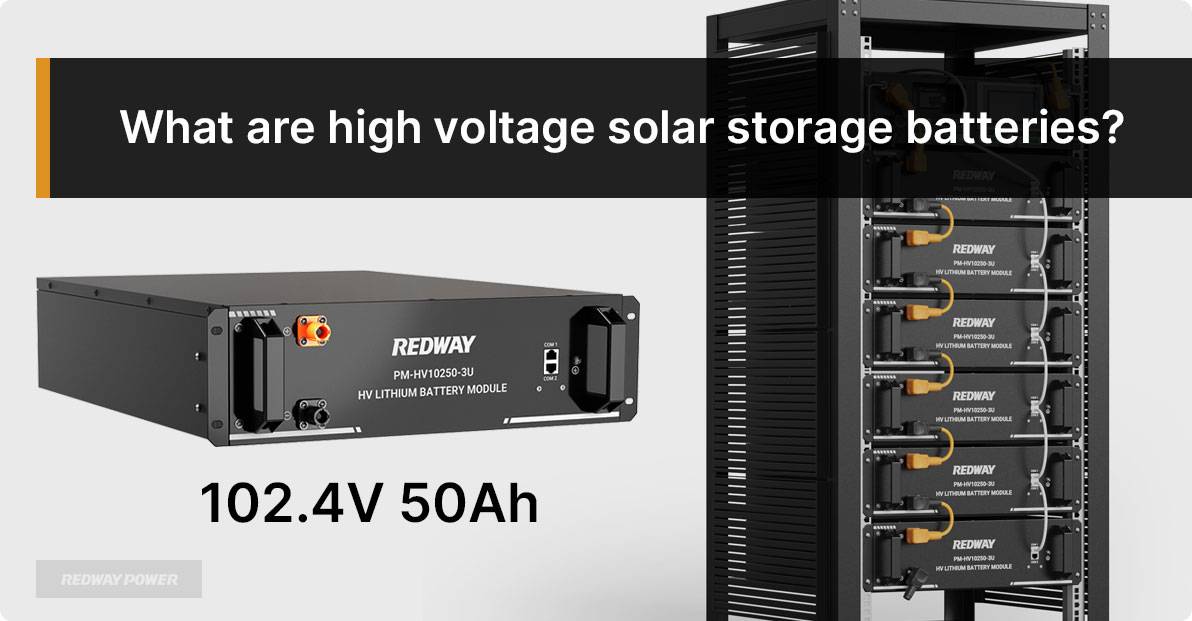High Voltage Solar Storage Batteries Factory
High Voltage Solar Storage Batteries, One-Stop Solution
Redway proudly leads as the premier global manufacturer of LiFePO4 HV Batteries. With their exceptional energy density, Redway LiFePO4 batteries are tailored for high voltage applications. Our expert battery team guides you in selecting the optimal LiFePO4 High Voltage Battery design, utilizing precise manufacturing processes.
As a prominent lithium battery manufacturer for OEM applications, Redway specializes in crafting, designing, and developing customizable LiFePO4 High Voltage Batteries. We offer comprehensive support for your branding business, providing options to personalize LiFePO4 HV Batteries with your logo, design, size, and specifications.
Choose Your High Voltage Energy Storage Battery Manufacturer
Custom High Voltage Energy Storage Batteries
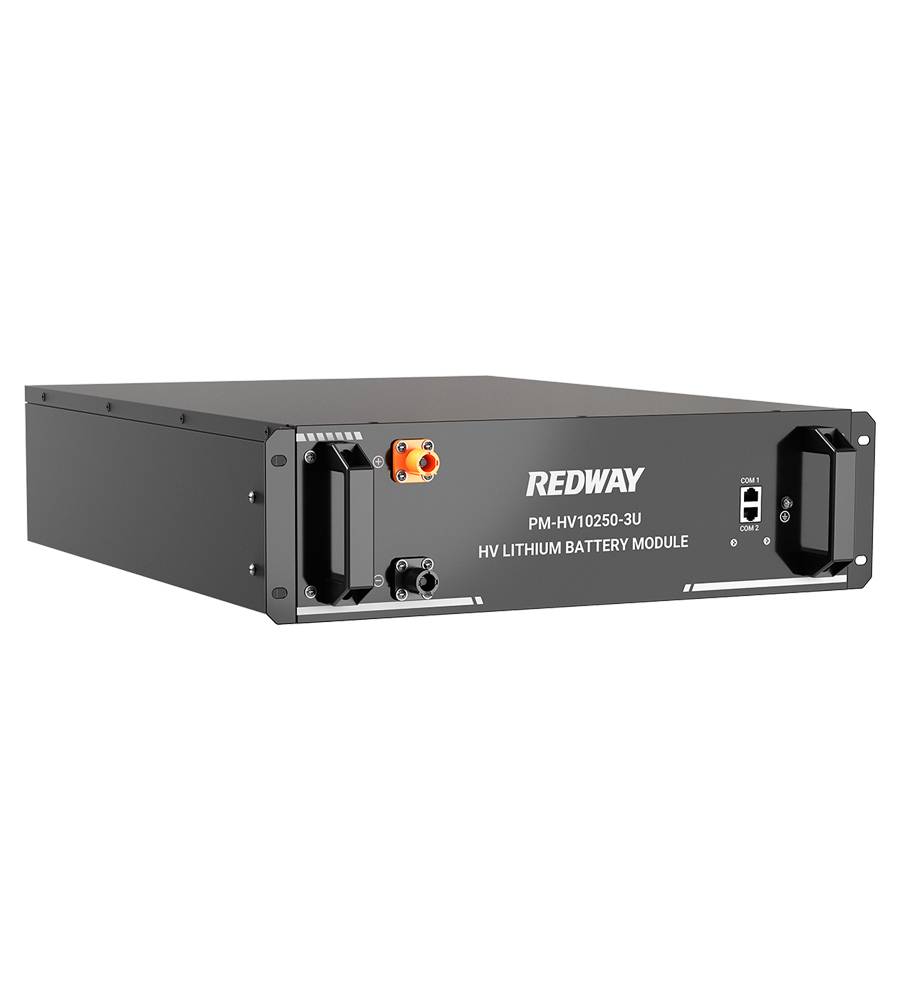
100V 50Ah HV-PM10250 3U
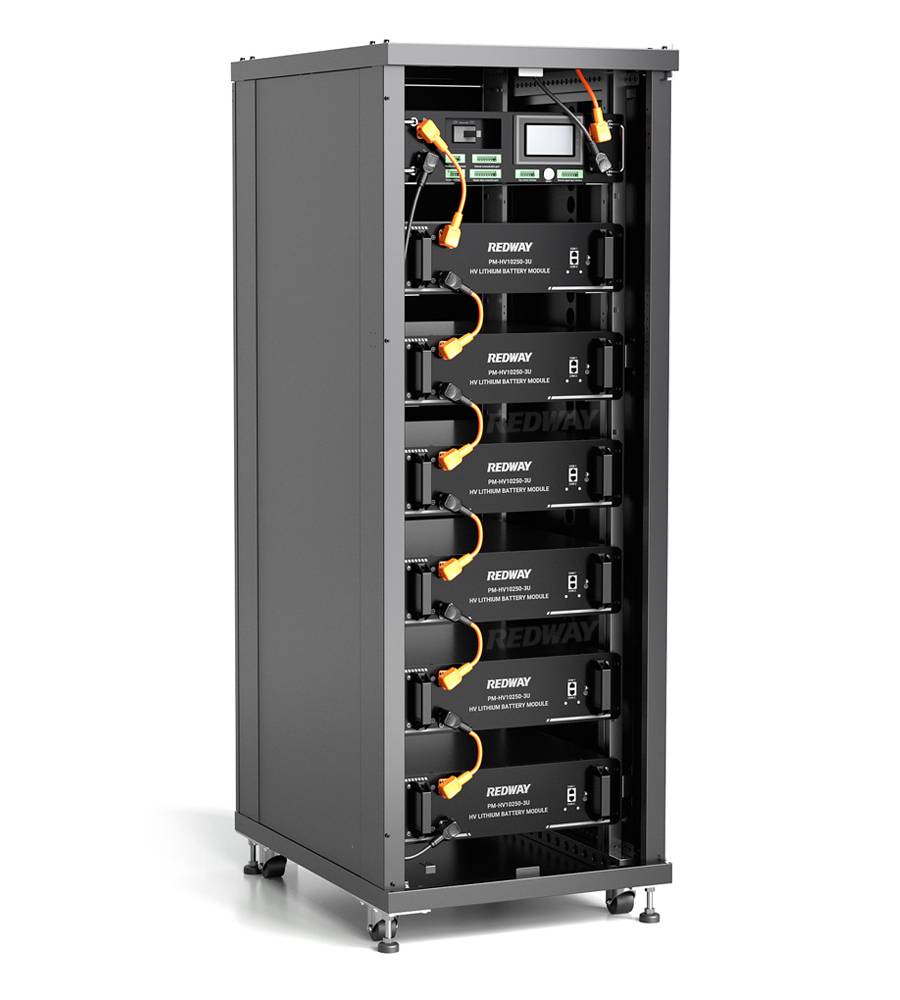
600V 50Ah 3U Rack System
What is the wholesale price of lithium battery?
You can click contact us or phone call us. We will give you multiple options of price.
Is Redway Power a trading company or factory?
Redway Power is a company with its own factory, integrating research, development, production, and sales.
How about the quality of Redway's LiFePo4 Battery product?
Redway Power boasts over 12 years of experience in LiFePO4 battery production and is an authorized supplier for CATL and BYD.
Can you do an OEM/ODM project?
Yes, we have engineers available to assist in designing and developing any related products.
What’s your MOQ?
MOQ varies according to battery voltage and capacity.
What payment terms can we accept?
We accept TT/Paypal/West Union, etc.
High Voltage Solar Storage Batteries Knowledge
High voltage solar storage batteries are designed to operate at higher voltage levels, typically ranging from 200 to 600 volts or more. They are commonly used in large-scale solar installations, commercial buildings, and utility-scale solar power plants. These batteries enable efficient energy storage and utilization in systems with higher power requirements.
- Higher Voltage Capability: High voltage solar storage batteries are capable of operating at higher voltage levels, allowing for efficient energy storage and utilization.
- Applications: These batteries are commonly used in large-scale solar installations, commercial buildings, and utility-scale solar power plants.
- Power Requirements: High voltage batteries are suitable for systems with higher power requirements, enabling the storage and utilization of energy in systems with greater energy demands.
A Home Energy Storage System (HESS) consists of a battery and an ultracapacitor. This combination of energy storage technologies provides better performance, allowing for quick response and efficient energy storage and utilization.
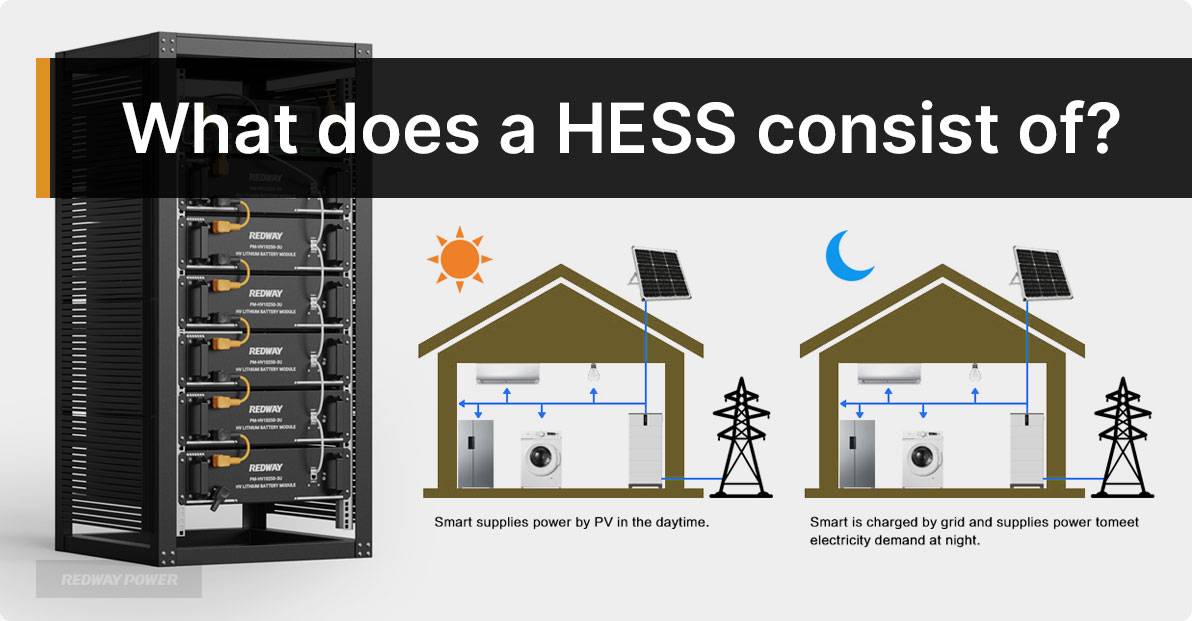
- Battery: The battery component of a HESS is responsible for storing and delivering energy, providing sustained power supply for various energy needs.
- Ultracapacitor: The ultracapacitor complements the battery by providing additional power for quick responses and high-power demands, enhancing the system’s performance.
The main difference between ESS (Energy Storage System) and BESS (Battery Energy Storage System) is that BESS systems use electrochemical batteries as a storage medium, while ESS is a more generic term that encompasses various storage mediums, including chemical, thermal, kinetic, or gravitational.
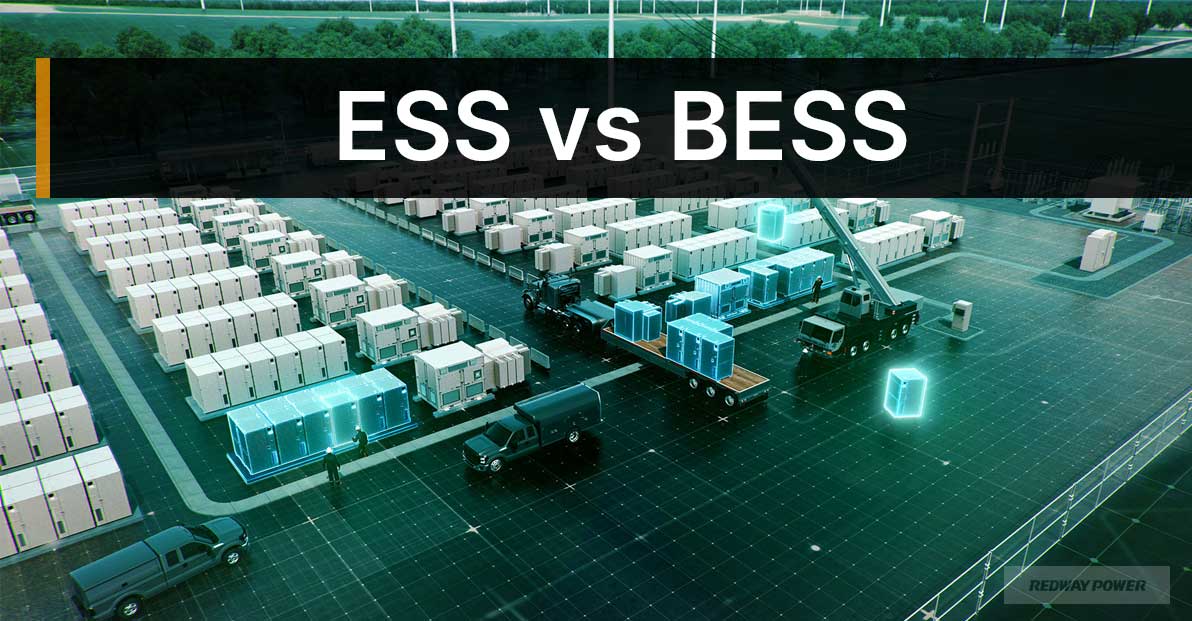
- BESS: BESS specifically refers to systems that utilize electrochemical batteries as the storage medium.
- ESS: ESS is a more generic term that encompasses various storage mediums, including chemical, thermal, kinetic, or gravitational.
The voltage of an Energy Storage System (ESS) can vary depending on the specific application and design. Permanently installed ESS systems typically operate at over 50 volts AC or 60 volts DC.
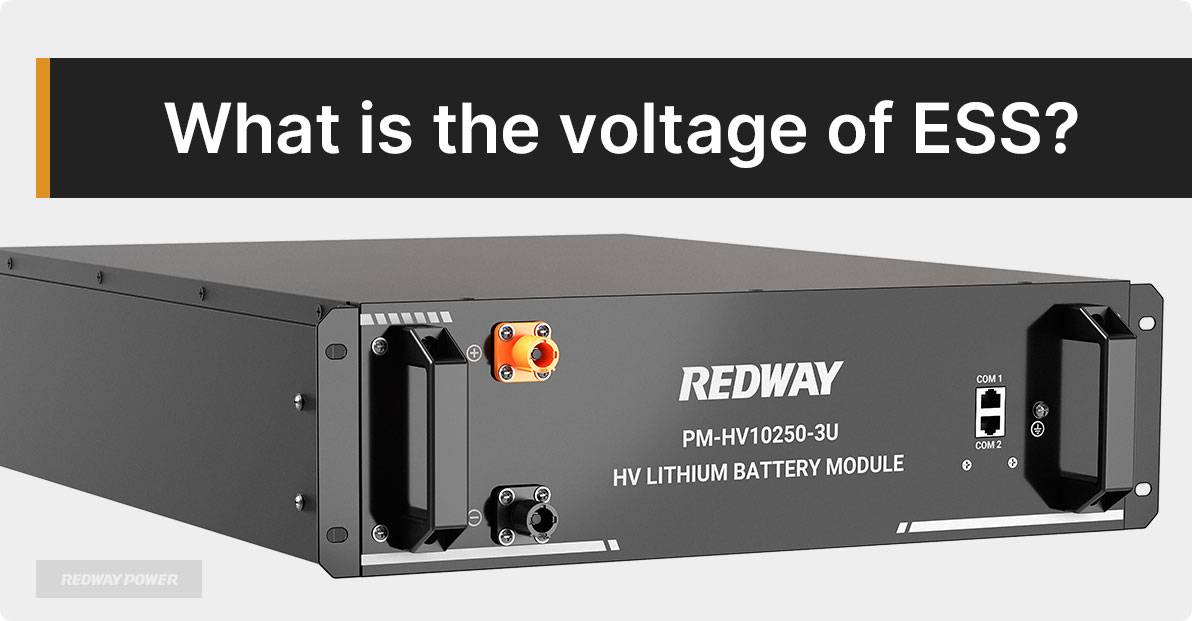
- Voltage Range: ESS systems can operate at varying voltage levels depending on the specific application and design.
- Permanently Installed ESS: Article 706 applies to permanently installed ESS systems operating at over 50 volts AC or 60 volts DC.
Yes, you can power a house entirely on solar power. By installing a modern solar energy system, including power storage options, you can generate and store enough solar energy to meet your household’s power needs. This allows you to reduce or eliminate your reliance on the grid, providing a sustainable and cost-effective energy solution.
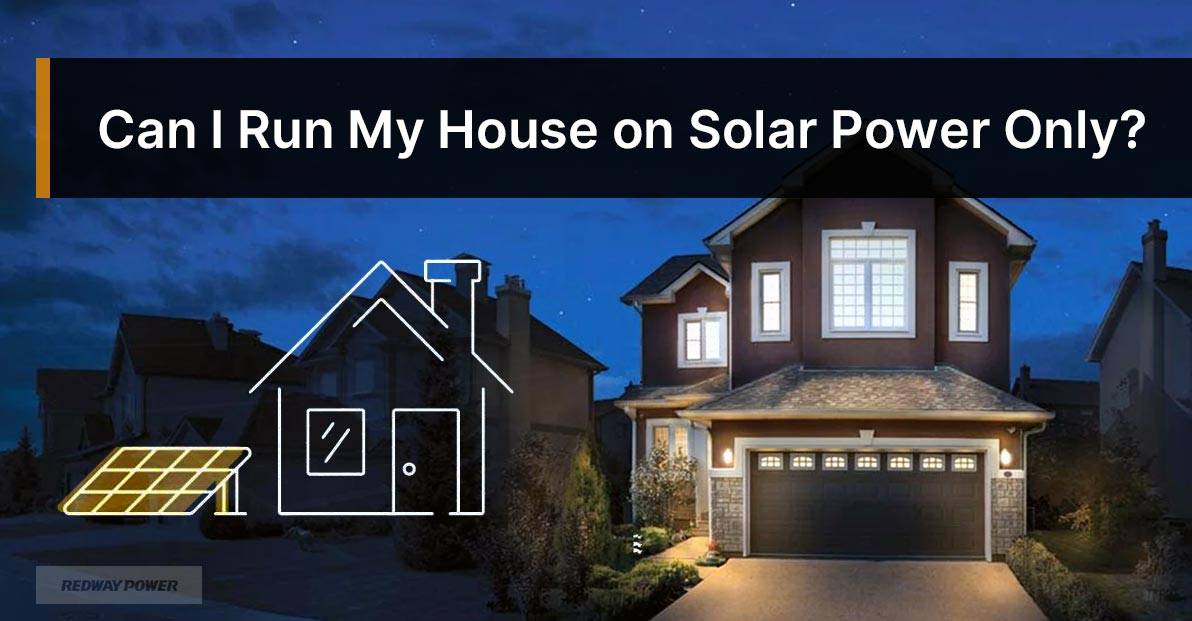
- Solar Energy Generation: A modern solar energy system harnesses sunlight and converts it into electricity to power your house.
- Power Storage: Power storage options, such as batteries, allow you to store excess solar energy generated during the day for use during nighttime or periods of low solar generation.
- Self-Sufficiency: By relying on solar power, you can reduce or eliminate your dependence on the grid, providing a sustainable and cost-effective energy solution.



